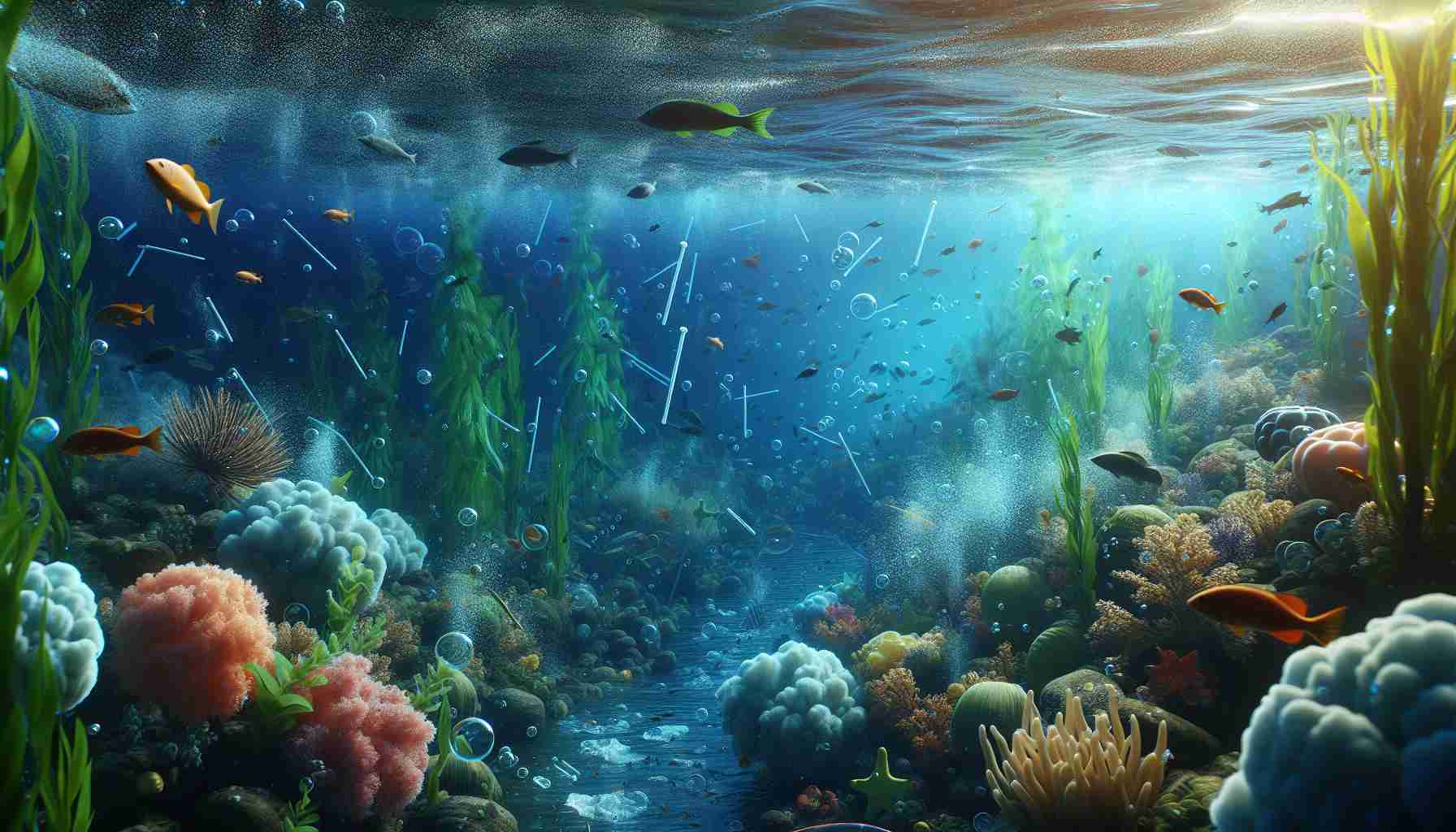As scientists continue to investigate the impact of pollution on marine environments, one particular concern has arisen: microplastics. These tiny fragments, often measuring less than five millimeters, are pervasive in oceans and waterways, originating from various consumer products and industrial processes. Recent studies have revealed alarming insights into how these […]
Aquatic Ecosystems
Aquatic ecosystems are ecological communities that are found in water environments, encompassing a range of habitats such as freshwater lakes, rivers, wetlands, and marine environments like oceans and seas. These ecosystems are characterized by the interaction of living organisms, including plants, animals, bacteria, and microorganisms, with their physical and chemical surroundings, such as water chemistry, temperature, and light availability. Aquatic ecosystems play crucial roles in biodiversity, providing habitat and food for a wide variety of species, and are essential for regulating water quality and the global carbon cycle. They can be further categorized into various types, including marine ecosystems, freshwater ecosystems, and estuarine ecosystems, each with unique characteristics and ecological dynamics. The health of aquatic ecosystems is vital for maintaining environmental balance and supporting human activities, such as fishing and recreation.
